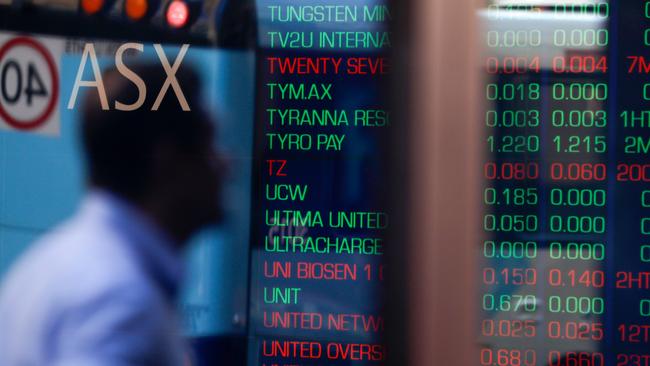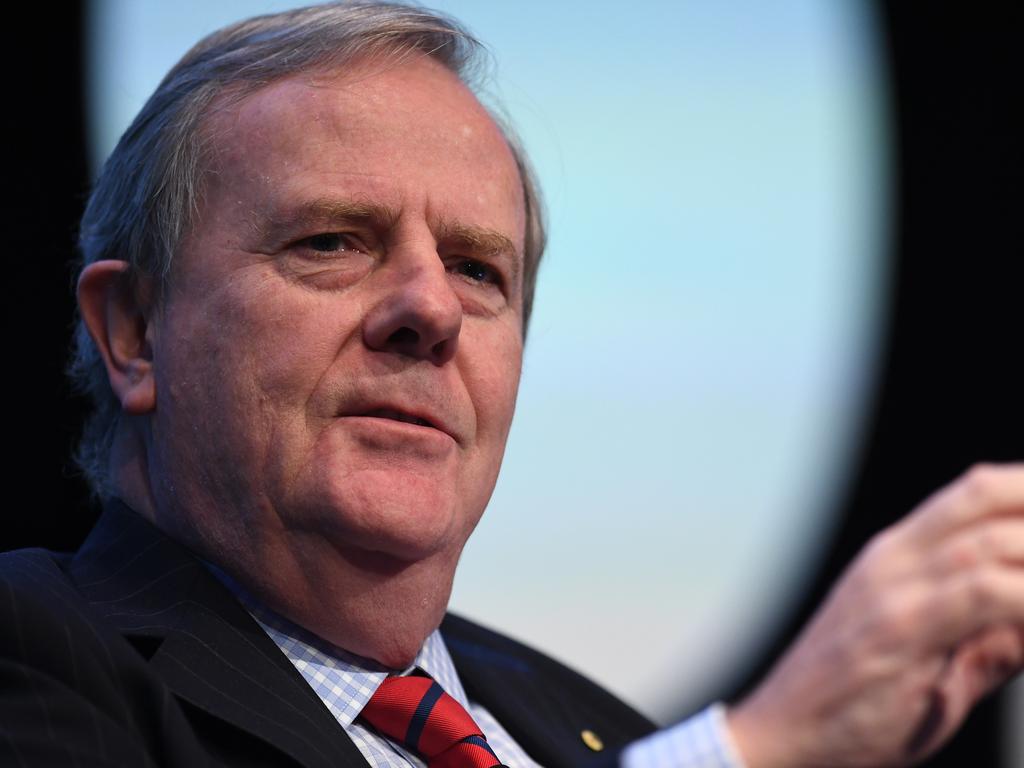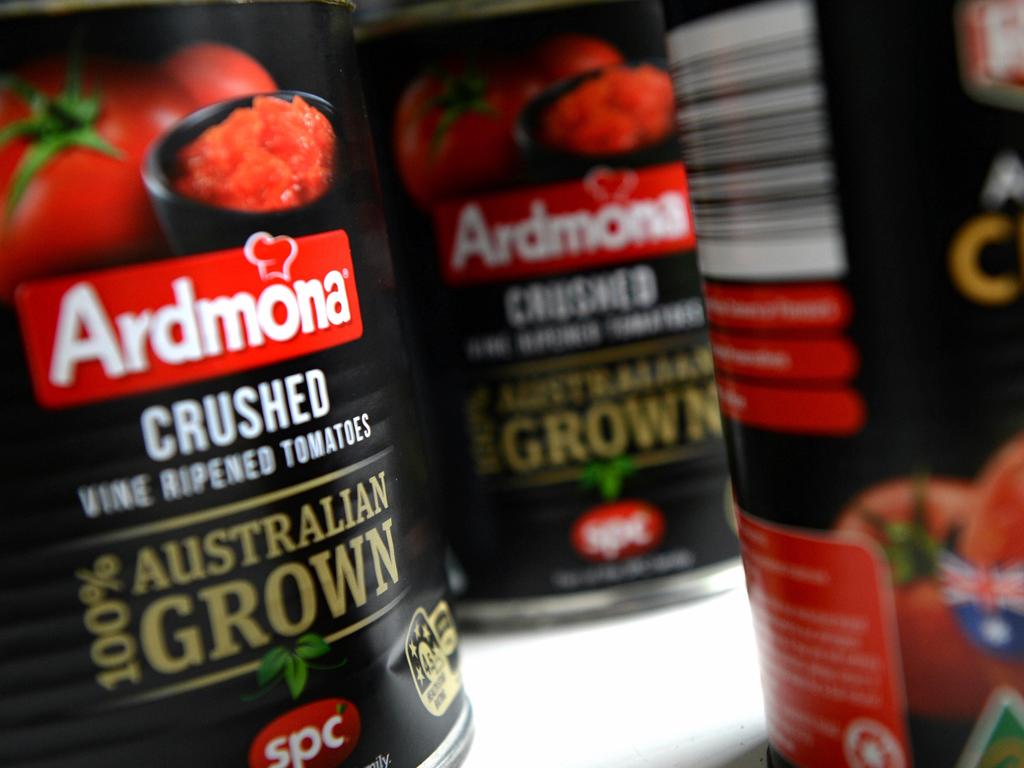Get set for more market overreactions as fiscal uncertainty reigns supreme
Heightened uncertainty and low liquidity should see plenty of overreactions this month.

Heightened uncertainty and low liquidity should see plenty of overreactions this month.
In the past two days, the local market reacted more to US news than the US market itself, as school holidays thinned trading and uncertainty about major events made investors skittish.
After falling 2.3 per cent on Wednesday as the US presidential debate fuelled expectations of a Democratic win in the November election, Australia’s ASX 200 jumped as much as 1.7 per cent on Thursday as US officials gave hope of imminent fiscal stimulus.
Profit taking trimmed the gain to 1 per cent, but the big intraday rise was an overreaction to US fiscal policy developments, fuelled by the previous day’s overreaction to the US presidential debate.
With share trading value 25 per cent below normal, the rally was due more to a lack of sellers rather than strong buying, with local fund managers either on holiday or buried in quarterly reports.
Looking ahead, the last two weeks of September and first week of October have historically been the worst time of year for Wall Street, and with the election looming and holidays in the Asia-Pacific continuing for another week, these skittish moves are set to continue.
The White House indicated it’s about to agree on a $US1.5 trillion to $US2.2 trillion ($2.1 trillion to $3 trillion) addition to the CARES Act, and US politicians certainly have an amazing ability to strike a deal at the last minute.
Goldman Sachs, JPMorgan and Morgan Stanley economists are among prominent forecasters who gave up on an imminent extension of CARES in recent days — slashing their December quarter growth forecasts are a result — so a deal is unlikely to be fully priced in by the market.
If it happens, Trump’s re-election hopes may improve and US shares may surge towards record highs, but traders may fade that rally amid doubts that he can win a second term in a recession.
At the same time, while recent US economic data have been surprisingly good, with Citi’s economic surprise index hitting a two week high, one gets the feeling that Wall Street is only one bad economic data point away from losing patience with the continued stalling on fiscal stimulus. Thursday’s US ISM purchasing managers’ indexes seem unlikely to disappoint observers, but weekly initial jobless claims data will be closely watched and the market could pass judgment if Friday’s release of non-farm payrolls data — traditionally the big one for the US sharemarket — is materially disappointing.
Perhaps investors will try to look past this uncertain period to a time — potentially months after the election — when the new president announces a major stimulus, which could need more QE.
But Morgan Stanley’s Michael Wilson says institutional clients’ US exposures remain “decidedly elevated”. “What this tells me is that if volatility stays high and markets remain fairly trendless, these exposures are likely to fall over the next month,” he says.
“That means lower equity prices before this correction is over.”
Of course that could really motivate Trump to build a fiscal bridge with the Democrats.
Meanwhile the S&P 500 could retest its 100-day moving average at 3120 and potentially hit its 200-day moving average — now at 3110 — for the first time since June.
Any such sharp movements in Wall Street alone this month could give the Australian market reason to test either side of the 5720-6200 range that’s prevailed since May.
But the Australian market may have scope for material outperformance given vastly better trends for coronavirus and economic reopening.








To join the conversation, please log in. Don't have an account? Register
Join the conversation, you are commenting as Logout